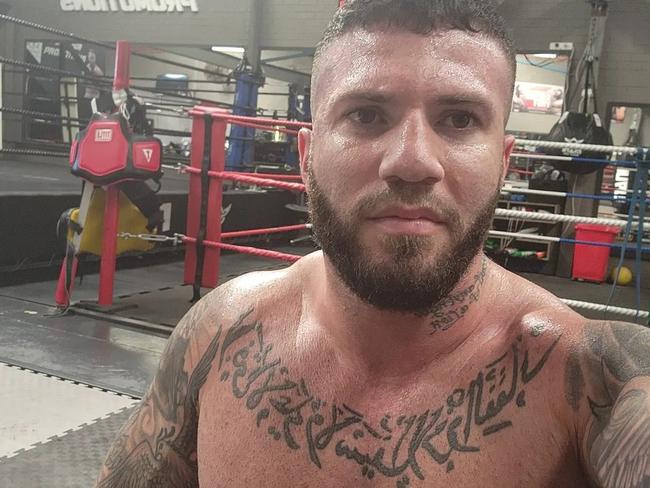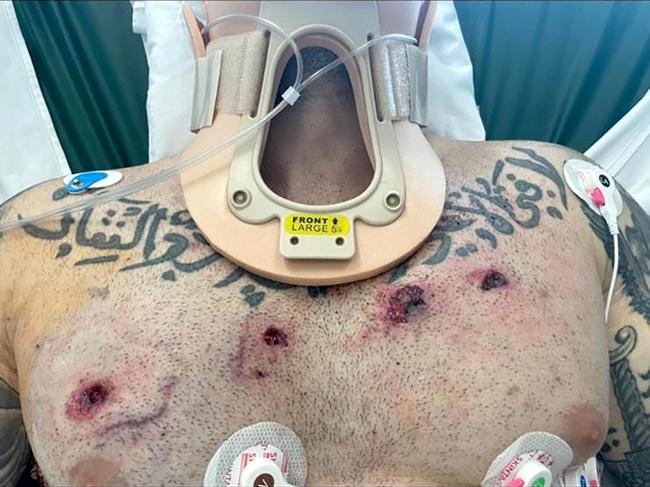‘If there is money to be made, it appears that they will collaborate’
They’re mortal enemies, but when it comes to dealing drugs, guns and making cash, rival outlaw bikie gangs are happy to link up.
Victoria
Don't miss out on the headlines from Victoria. Followed categories will be added to My News.
Bikies are colluding with rival gangs in a bid to evade police and traffic larger quantities of drugs and firearms.
In a first of its kind study, researchers from Deakin University and the Australian Institute of Criminology (AIC) mapped thousands of crimes committed by Outlaw Motorcycle Gang (OMCGs) members over a five-year period, revealing that high-ranking members co-ordinated criminal activity across different clubs.
The study of more than 93,000 individual crimes linked to 5513 gang affiliates found that almost half of the gang-related crimes were committed with at least one other offender, who often appeared to be from rival gangs.
Gang presidents were “surprisingly” linked to about 10 per cent of crimes committed with offenders from different gangs.

Affiliates were most likely to collude across clubs for drug and firearms trafficking.
Academics uncovered just how often supposed gang rivals colluded with one another by pinpointing which crimes known OMCG members were involved in, before cross-referencing and matching those offences with incidents involving rival gang members.
This showed that the crimes and arrests occurred at the same time.
Lead researcher David Bright said the findings were surprising because arrest data showed it was often small subgroups or cliques within notorious OMCGs who were working with other gangs.
“We wouldn’t have expected OMCGs to be collaborating with other organised crime groups,” Prof Bright said.
“If there is money to be made, it appears that they will collaborate.”

The findings were based on data from NSW between 2015 and 2020, but Prof Bright said the emerging trend applied equally to Victoria because it put the community at risk of heightened gang-related crime as gangs collaborated to trade higher quantities of drugs and weapons.
“Alliances could break down, and that is a likely cause of some of the conflict we have already seen, especially among office-bearers, because of the powerful positions they have within clubs,” he said.
“Presidents and vice presidents are the ones who are more likely to be the brokers between clubs, so they tend to be the ones who are connecting different clubs for co-offending activities.”
The findings come as Victoria Police’s new Viper task force, designed to combat bikie and organised crime in the state, charged two people on Wednesday after uncovering commercial quantities of a string of drugs and $100,000 in cash.
It follows a slew of underworld shootings in Victoria and NSW.
Professional boxer and ex-Mongols bikie Sam “The Punisher” Abdulrahim was shot in June at a funeral in Fawkner, while a dozen gangland killings have been committed in Sydney in the past two years alone.
In July, Deakin researchers, also led by Prof Bright, uncovered through dozens of in-depth interviews with criminals that it was “surprisingly easy” for people to stockpile dangerous weapons despite Australia’s tight gun laws.





